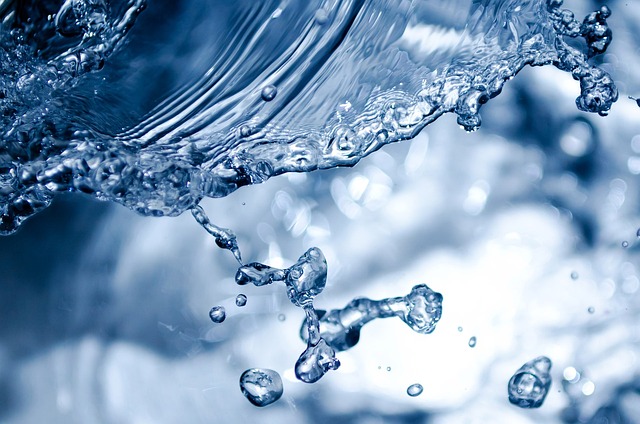7 Signs of Dehydration
7 Signs of Dehydration

7 Signs of Dehydration
Dehydration is a common and often underestimated health concern that can have a significant impact on your overall well-being. Staying hydrated is crucial for maintaining various bodily functions, but sometimes you might not even realize when you are dehydrated. In this comprehensive guide, we will talk about dehydration, its causes, and consequences, and, most importantly, how to recognize the signs of dehydration. Whether you're an athlete, a busy professional, or someone looking to lead a healthier life, this information is vital for you.
The Importance of Hydration
Before we dive into the signs of dehydration, it's essential to understand why staying hydrated is crucial. Water makes up a significant part of our body, and it plays an indispensable role in maintaining our health. It regulates body temperature, aids digestion, supports the function of our organs, and promotes cognitive function. When dehydrated, our body's performance suffers, and we become vulnerable to health issues. So, let's explore the significance of hydration in detail.
What Causes of Dehydration
Dehydration occurs when you lose more fluids than your intake. Several factors contribute to this, including excessive sweating, hot weather, illness, and a lack of water consumption. Even seemingly innocuous activities like exercising or spending time in the sun can lead to dehydration if you're not careful. Understanding the root causes of dehydration is essential to prevent it from happening in the first place.
The Signs and Symptoms of Dehydration
Recognizing the signs of dehydration is crucial for early intervention. Dehydration symptoms can vary in intensity, from mild to severe, and may include:
- Thirst: The body's natural alarm system, telling you to drink more water.
- Dark Yellow Urine: A noticeable change in the color of your urine can be a clear sign of dehydration.
- Dry Mouth and Dry Skin: Reduced saliva and moisture in the skin are common indicators.
- Fatigue and Dizziness: Dehydration can decrease blood volume, causing fatigue and dizziness.
- Headache: Lack of hydration can lead to headaches and even migraines.
- Muscle Cramps: Dehydration can disrupt electrolyte balance, leading to painful muscle cramps.
- Rapid Heartbeat and Rapid Breathing: As your body works harder to compensate for fluid loss, you may experience an increased heart rate and breathing rate.
Who's at Risk of Dehydration?
While anyone can become dehydrated, some are more vulnerable than others. Athletes, the elderly, and young children are at a higher risk due to their unique hydration needs. Athletes lose significant fluids through sweat, while the elderly and children may not always recognize their need for hydration.
How to Prevent Dehydration
Preventing dehydration is as important as recognizing its signs. Simple measures like drinking an adequate amount of water throughout the day, avoiding excessive caffeine and alcohol, and consuming hydrating foods like fruits and vegetables can help you stay properly hydrated.
Treatment of Dehydration
If you find yourself or someone you know suffering from dehydration, it's essential to seek treatment promptly. Mild cases can usually be resolved by drinking water, while severe cases may require medical attention, including intravenous fluids.
Conclusion
In conclusion, understanding the signs of dehydration and the importance of staying hydrated is vital for your health. With this knowledge, you can take proactive steps to prevent dehydration and its associated health risks. Remember, your body is like a well-tuned machine, and water is its essential fuel. Stay hydrated, stay healthy!
